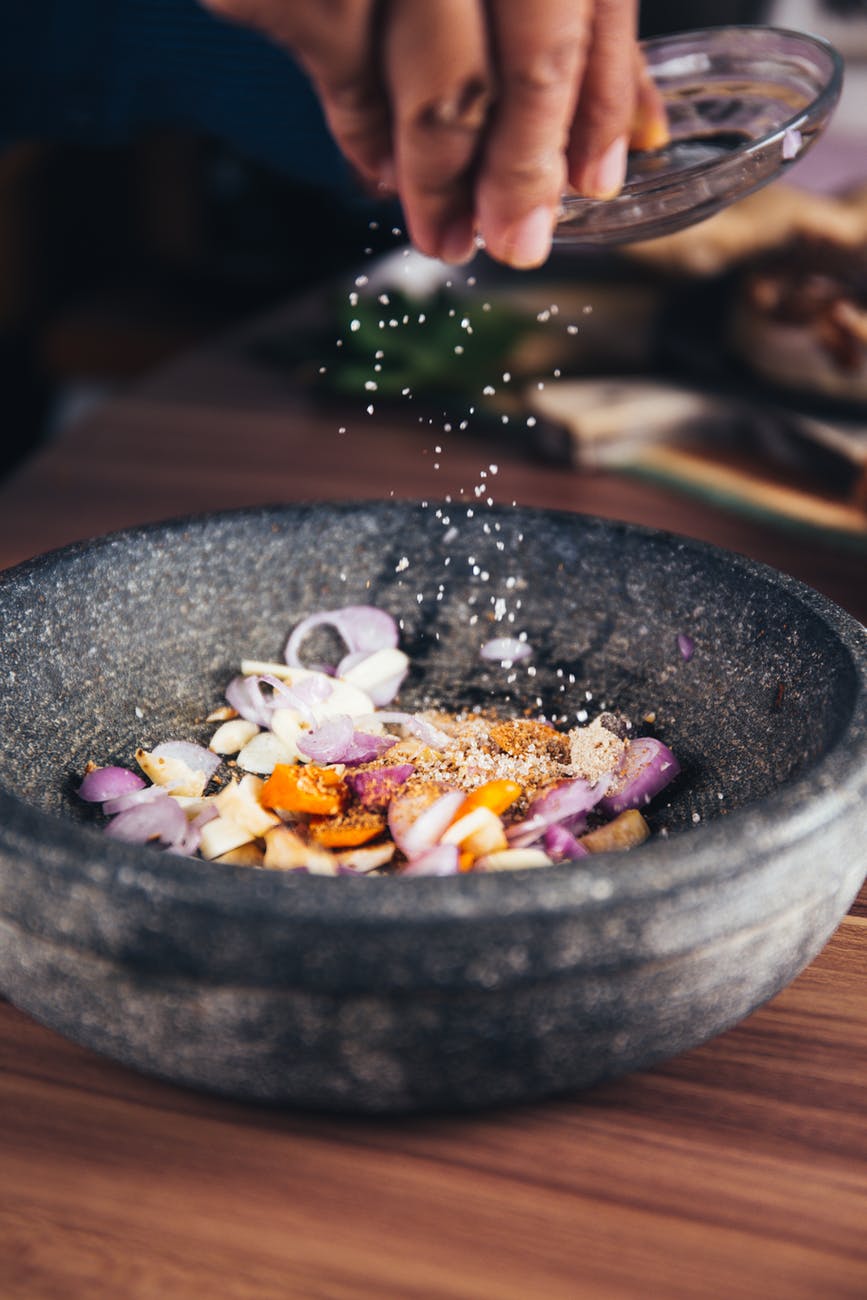Let's face it, with all the best intentions we are very likely going to eat more than we can physically tolerate over Christmas. And why not? It’s been a hideous year and a dose of comfort eating is no bad thing.
However, what we cover in this article is the very common problem that afflicts many of us in the from of bloating, distension or indigestion after a meal.
When the body is under any pressure or stress, cortisol is emitted as our natural pain-killer, but this can exacerbate the symptoms further given the corrosive effects of prolonged exposure of high blood-cortisol.
Up to 30% of people suffer from post-meal bloating, and even when meals are small the bloating can still be a problem, whether you've been consciously aware of this or not.
With recent research comes the discovery of 4 plant extracts that target underlying causes of these gastrointestinal discomforts. In one such human-trial, more than 63% of subjects taking an artichoke-ginger blend experiences significantly reduced feelings of bloating, nausea and other symptoms of indigestion.
A fennel-curcumin combination also showed relief of IBS symptoms and stomach pain by more than 50% and completely prevented all symptoms in 26% of the subjects.
When taken together, these nutrients promise to relieve post-meal stress.
In-depth
Two of the underlying causes of post-meal bloating are slow gastric motility and excess gas production. When gastric motility slows, the ability of the stomach muscles to move food through the digestive tract is impaired.
Indigestion in the upper abdominal region is described as bloating or gassiness, a burning sensation or nausea. Approximately 40% of individuals suffering from indigestion have abnormally delayed gastric emptying, resulting in food sitting in the stomach longer than it should do.
The findings have now indicated that ginger has been shown to promote gastric motility, and artichoke promotes bile acid from the liver. Bile acid is crucial for accelerating gastrointestinal transit.
In addition, artichoke is an anti-spasmodic, which means it suppresses gut cramps and as such also helps to speed the movement of food through the digestive tract.
An optimal amount with each meal would be a relatively small dose of 100mg artichoke leaf extract and 20mg of ginger root extract. You may wish to take these in supplement form of potentially look to integrate these food types in to your diet on a more regular basis.
In addition, the fennel seed has been proven to inhibit the activity of a methane-producing bacterial enzyme while also stimulating gastrointestinal activity. When curcumin was added to the fennel seed, the results were compounded further.
So, in summary if you have mild bloating on an occasional basis and wish to opt for a naturopathic approach then consider the ginger root and artichoke leaf to assist you. If your bloating and stomach cramps are more persistent, severe and regular then you may wish to incorporate all 4 plants extracts in to your diet over a sustained period of time to help the body heal.
References
Lacy, BE, Gabbard SL, Crowell MD. Pathophysiology, evaluation, and treatment of bloating: hope, hype or hot air? Gastroenterol Hepatol (N Y). 2011 Nov; 7(11): 729-39
Giacosa A, Guido D, Grassi M, et al. The effect of Ginger & Artichoke extract supplementation on Functional Dyspepsia: A randomised, Double-Blind, and Placebo-Controlled Clinical Trial. Evid based Complement Alternat Med. 2015.
Portincasa P, Bonfrate L, Scribano ML, et al. Curcumin and Fennel Essential Oil Improve Symptoms and Quality of Life in Patients with Irritable Bowel Syndrome. J Gastrointestin Liver Dis. 2016.
Micklefield GH, Redeker Y, Meister V, et al. Effects of ginger on gastroduodenal motility. Int J Clin Pharmacol Ther. 1999 Jul;37(7):341-6.

